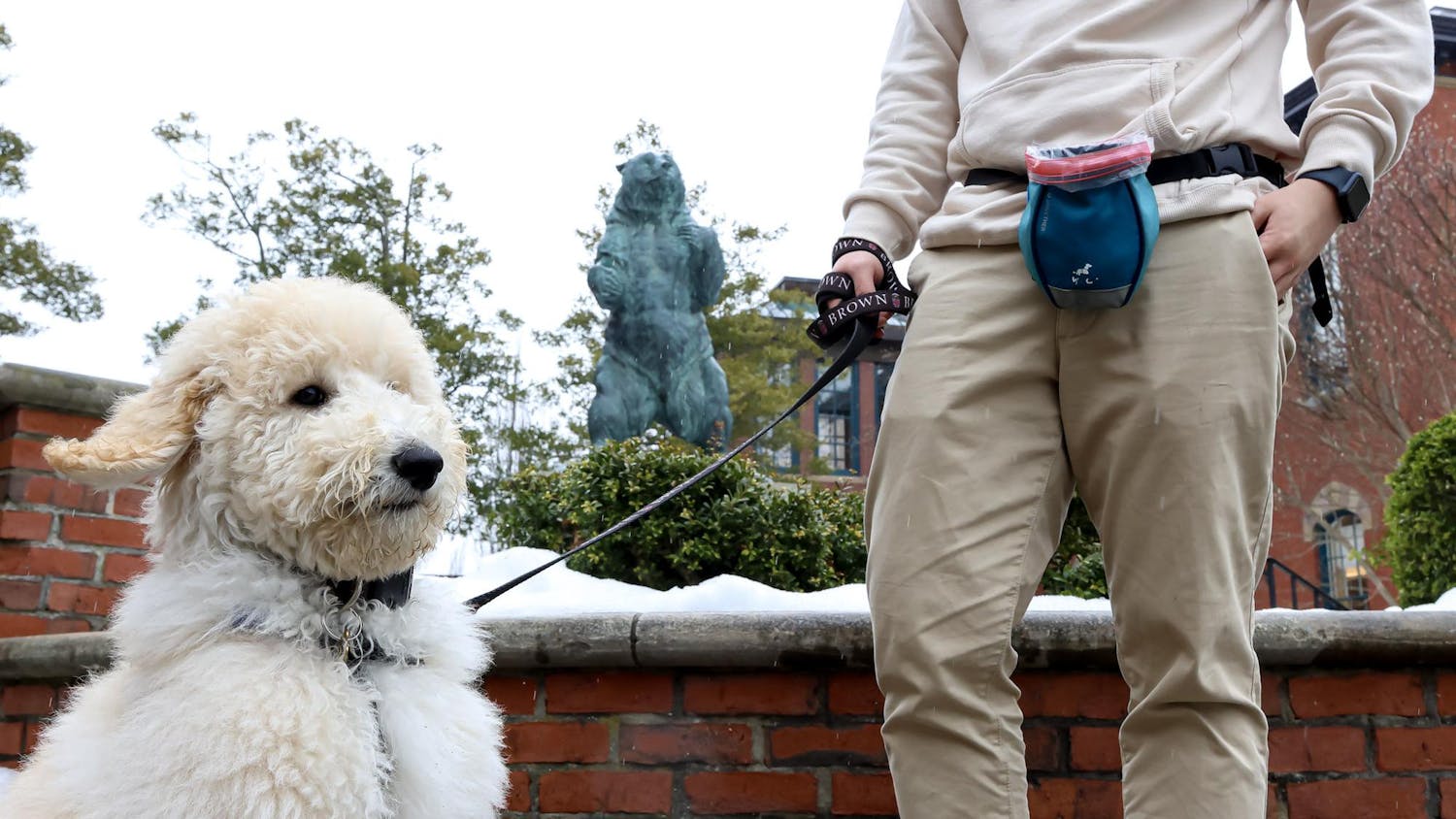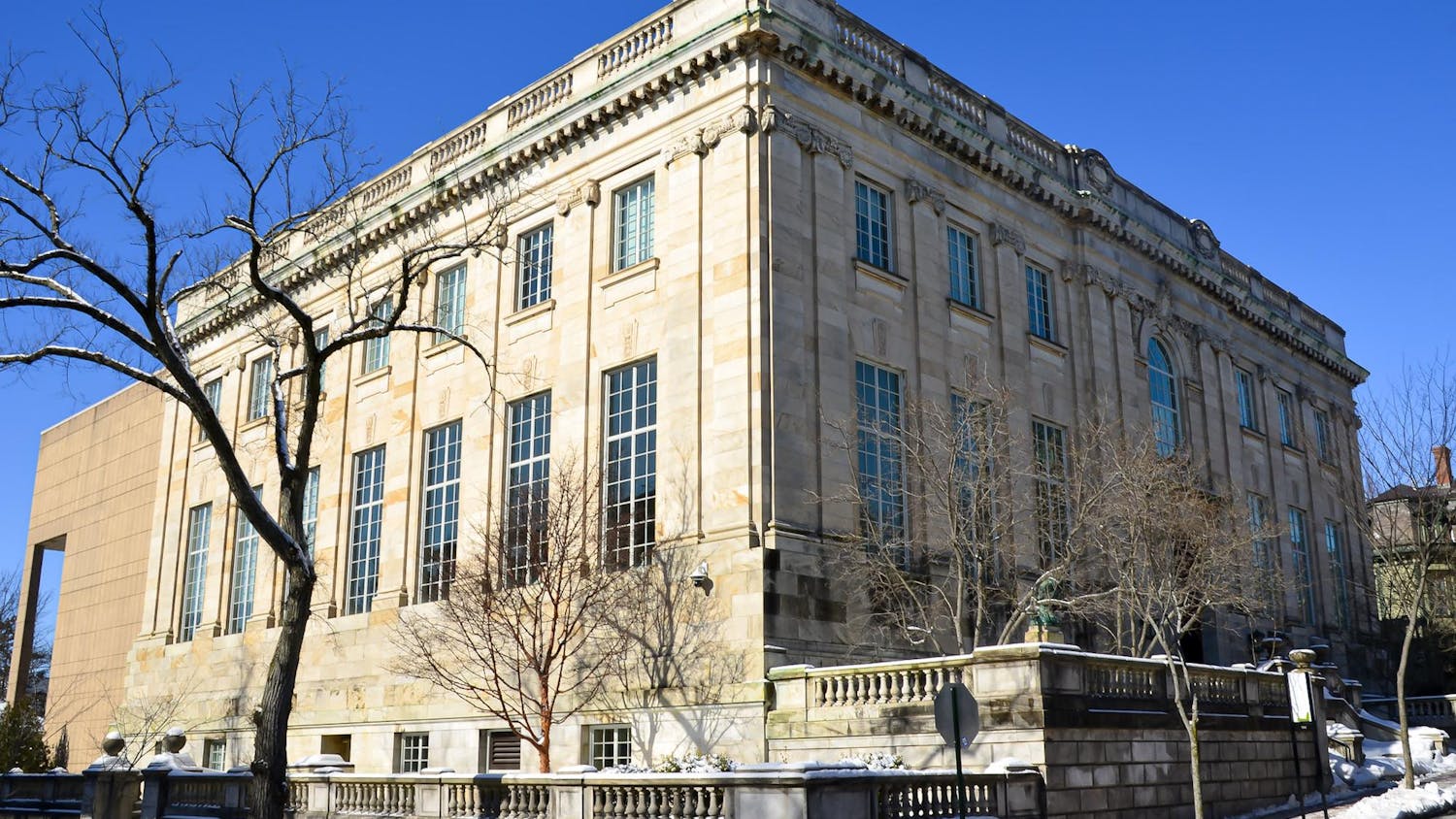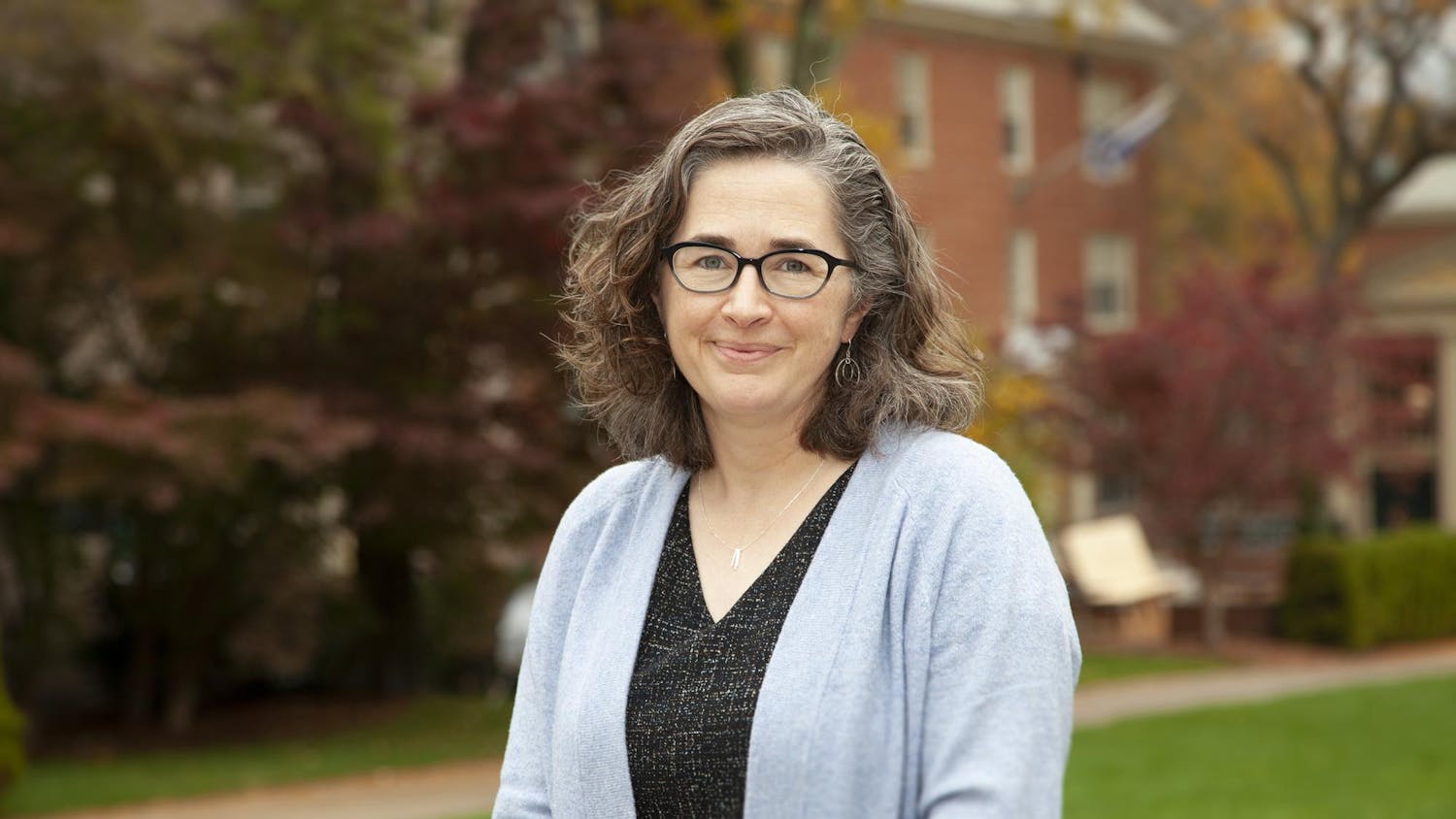A newly formed committee will review the University's tenure and faculty development policies after an outside monitor called attention to those areas, according to an e-mail Provost David Kertzer '69 P'95 P'98 sent to faculty Thursday afternoon.
When the University was re-accredited in the spring by the New England Association of Schools and Colleges, the evaluation committee identified aspects of Brown's tenure processes as an area of concern, Kertzer said. The committee, comprised of administrators at peer institutions, noted in particular that Brown awarded tenure to professors at a very high rate.
In response, the Academic Affairs Committee of the Corporation asked the administration to form a faculty committee "to look at whether there is any real basis for concern," Kertzer told The Herald.
"Certainly it is the impression of this committee that Brown has historically granted tenure to a higher proportion of the people who enter into the tenure track positions than at least most" of its peer institutions, he said.
But actual data are hard to come by, he added, since tenure negotiations are often not made public, and there are "a million different ways of dealing with tenure" among universities.
"One of the challenges the committee will have is to try to get as good data as we can to see whether the comment by the NEASC seems to be borne out by evidence," Kertzer said.
Tenure clock too short?
The ad hoc committee, which plans to issue recommendations in the spring, will consider three central issues, Kertzer said. Its members will first examine "the set of issues around our tenure processes and whether they are as strong as they could and should be," Kertzer said.
Kertzer will chair the committee, which includes eight faculty members. Dean of the Faculty Rajiv Vohra P'07 and Dean of Medicine and Biological Sciences Edward Wing will serve as ex officio members, according to the e-mail.
Since tenure is officially granted by the Corporation, "they obviously want to feel confident that we have the strongest methods of ensuring the highest quality of faculty at Brown," Kertzer said.
But a high tenure rate is not necessarily a negative thing, he added.
On the one hand, the University should reserve its "relatively few" tenured positions for "the intellectual leaders in their field, nationally and internationally," he said. But on the other hand, if junior faculty members know they have little chance of earning a tenured position, they "don't necessarily have a long-term interest in the institution."
The committee's second task is to compare the University's tenure clock — the length of time between when a professor is hired and when the University must decide whether to grant tenure — to those of peer institutions. Because faculty members in the Division of Biology and Medicine in particular have raised concerns that the tenure clock is too short, the committee will also consider whether Brown needs a uniform tenure clock or whether the timeline could vary among departments, according to Kertzer's e-mail to faculty.
The University currently follows the American Association of University Professors' guidelines for tenure, which dictate that tenure-track faculty should not "serve for more than seven years without tenure," Kertzer said. The guideline aims to ensure that faculty will not be kept in limbo indefinitely about their tenure prospects.
But since faculty members must be warned in their sixth year if they will not receive tenure, the guidelines "really mean you only have about five years … to be evaluated," Kertzer said. For a professor in the biological sciences, it can be difficult to obtain external funding, establish a laboratory and earn a reputation as "a significant scholar in their field" in just five years, Kertzer said.
But outside of some BioMed departments, most faculty members oppose a longer tenure clock, Kertzer said. Professors without tenure are more likely to leave the University for the stability of a tenured position at another institution. Many faculty members also arrive at Brown with years of postdoctoral work under their belts and would not want to wait even longer than they currently do to be granted tenure, he added.
The committee will also examine the support system for junior faculty and seek out areas in which the University can improve.
In particular, Kertzer's e-mail said, the committee will evaluate research support, leave-taking policies and teaching expectations for junior faculty, drawing comparisons with peer institutions.
Unlike changes to the actual tenure-granting process, which would have to be approved by the Corporation, adjustments to faculty development policies can probably be implemented through administrative action alone, Kertzer said.
"Personally I think this is a healthy exercise for us to look at our processes and resources for supporting junior faculty," he said. "Regardless of NEASC, it's not a bad idea for us to be doing this."
Seeking input
The tenure committee is set to convene for the first time "within the next couple of weeks" and will meet every few weeks thereafter, Kertzer said. When asking the Faculty Executive Committee to recommend professors to serve on the committee, he requested faculty who are both "clearly viewed as nationally prominent scholars" and "excellent teachers at Brown," he said.
To solicit widespread faculty input, the committee will meet with faculty governance bodies and department chairs. It will also host an open forum for faculty members to ask questions and voice comments, suggestions and concerns.
The committee hopes to complete its work "sometime next semester," Kertzer said. Its members will produce a report with recommendations, which will be sent to the full faculty for consideration.
If any changes are recommended and approved, they could be implemented as early as the next academic year.
Members of the ad hoc committee to review Brown's tenure practices
David Kertzer, provost (chair)
Susan Alcock, Joukowsky Institute and classics
Sheila Blumstein, cognitive and linguistic sciences
Barry Connors, neuroscience
Sharon Krause, political science
Charles Larmore, philosophy
Arto Nurmikko, engineering
Tricia Rose, Africana studies
Andy Van Dam, computer science
Rajiv Vohra, dean of the faculty (ex officio)
Edward Wing, dean of biology and medicine (ex officio)




